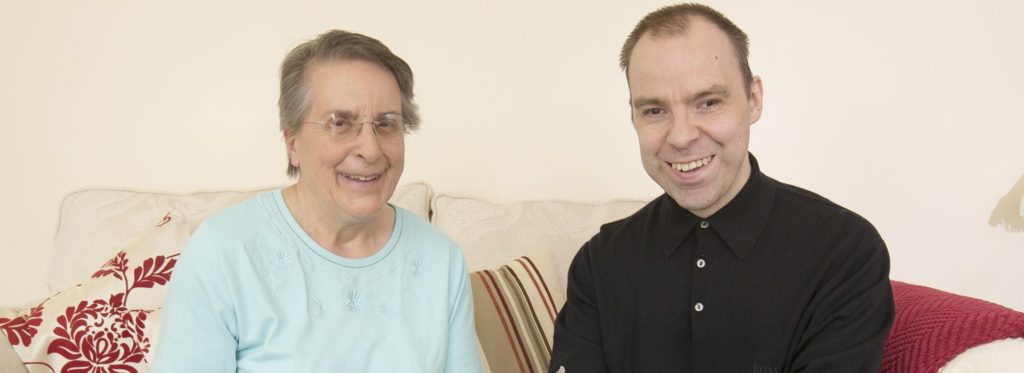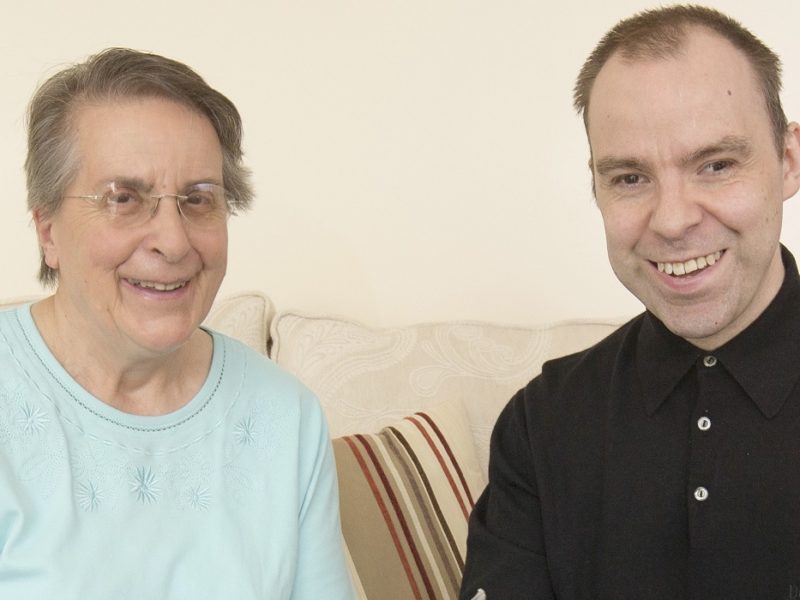
Ian was ‘a clumsy child’. He kept bumping into objects and couldn’t see well in the dark. He endured 15 years of tests and misdiagnoses during a lengthy, and sometimes traumatic, diagnostic odyssey. It was only when Ian’s DNA was sequenced that he finally received a definitive diagnosis of Bardet-Biedl syndrome, a rare genetic disease. Now that Ian and his family have a diagnosis, they can plan for the future, join relevant patient support groups, and receive appropriate health, education and welfare provisions.
Great Ormond Street Hospital (GOSH) is to address the problem of the ‘patient odyssey’ by improving rare disease diagnosis through a partnership with Congenica – a spinout from the Wellcome Trust Sanger Institute.
Congenica’s Sapientia™ technology is able to screen whole exome* and whole genome sequence data in a novel way that identifies gene mutations and highlights those that are associated with inherited genetic disorders. The results are presented to hospital consultants in a way that allows them to make an improved diagnosis, while also incorporating knowledge from other clinicians who have used the software to aid diagnosis of similar patients.
Many children, like Ian, are referred to GOSH one of the world’s leading paediatric hospitals. Patients with rare diseases often see as many as eight physicians and receive on average three differential diagnoses over five years before the correct diagnosis is reached. For example, Ian was not tested for Bardet-Biedl syndrome, as he did not have obesity, a common feature or ‘phenotype’ of the disease.
Dr Peter Steer, Chief Executive of GOSH said: “DNA sequencing is becoming increasingly important in the identification of genetic causes for disorders. However, being able to interpret the data reliably is crucial for a correct diagnosis. This partnership will drive a step change in our ability to reach diagnoses quicker than ever before and help the families that so desperately need it.”
Lucy Jenkins, Director of the North East Thames Regional Genetics Laboratory based at GOSH says: “We are very excited about using Sapientia. The platform is very intuitive to use and will speed up diagnosis. “It also brings together all the known information about gene-disease associations in one convenient place. Some diseases are so rare a consultant would only see a condition once in his or her career; now consultants will be able to cross-reference their patients with the knowledge base in Sapientia. This ultimately benefits the patient and the family by shortening the time to diagnosis”. Congenica has worked closely with NHS clinicians and genetic testing laboratories to develop Sapientia and the platform is uniquely tailored to the clinical environment.
Dr Nick Lench, COO of Congenica and former Director of the NE Thames Regional Genetic Service, says, “Simplifying the workflow and making clinical interpretation easier for clinical laboratory scientists and clinicians is a key feature of Sapientia. As exome and genome sequencing are adopted into routine clinical practice, the ability to analyse, annotate and interpret large datasets will be critical to the ability to provide a timely and accurate diagnosis for patients.”
GOSH is leading the North Thames Genomic Medicine Centre. This is one of eleven centres designated by NHS England to recruit patients to the 100,000 Genomes Project. The GMCs have been selected by the NHS based on their track record of excellence in rare diseases, their genomic service offering, and on their ability to deliver on this groundbreaking project. As one of Genomics England’s clinical interpretation partners for the 100,000 Genomes Project, Congenica is well placed to complement GOSH in its role as a GMC. Under this new partnership, the two entities will work together to develop additional clinical functionality for Sapientia.
– ENDS –
*Exome sequencing – an exome is the part of the genome that encodes protein.



